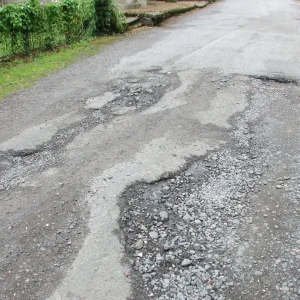Vehicle management company LeasePlan is launching a new benchmarking tool to aid fleet risk strategies.
The tool, which analyses three key areas of fleet management accident management, end-of-contract damage and mechanical vehicle off-road time aims to help businesses put together a robust plan to keep their fleet healthy.
The company created the tool after collecting data over the past three years showing that the average daily cost of repairs to businesses for fault and non-fault incidents is £5.3 million, with an average vehicle off-road time of 9.6 days. Further insight reveals that the industry with the highest incident rate is the transportation sector with over 33%.
Over 17% of these incidents take place on a Tuesday, with damages from fault and non-fault incidents for that one day costing companies upwards of £6.4 million over the past three years.
LeasePlan says that for businesses operating company vehicles dealing with incidents is an unfortunate part of managing a fleet. In addition to the safety implications of having drivers involved in incidents, companies can also face unexpected costs due to repairs, vehicle downtime and, ultimately, lost productivity.
The company says that maintaining a healthy and balanced fleet is about understanding how that fleet operates, measuring its current performance and identifying how to overcome any shortfalls.
The tool aims to not only help reduce incidents but also end-of-contract damage costs, so that businesses aren’t left with an over-inflated and unplanned cost at the end of a vehicle’s contract life.
The overall risk management strategy should not just include vehicles owned or leased by a company; grey fleet vehicles – owned by employees but driven for work purposes (excluding commuting) should also have regular check-ups.
Stuart Houlston, commercial director at LeasePlan UK, said: “LeasePlan’s launch of the benchmarking tool is the first step in demonstrating we are on the front foot of modern fleet management. Inviting customers to challenge themselves and us to be the best we can be in the fleet industry through benchmarking. It’s a tool to get people thinking about what they might want to improve on next. Providing insights to our clients to drive their decisions is what we’re all about.”





